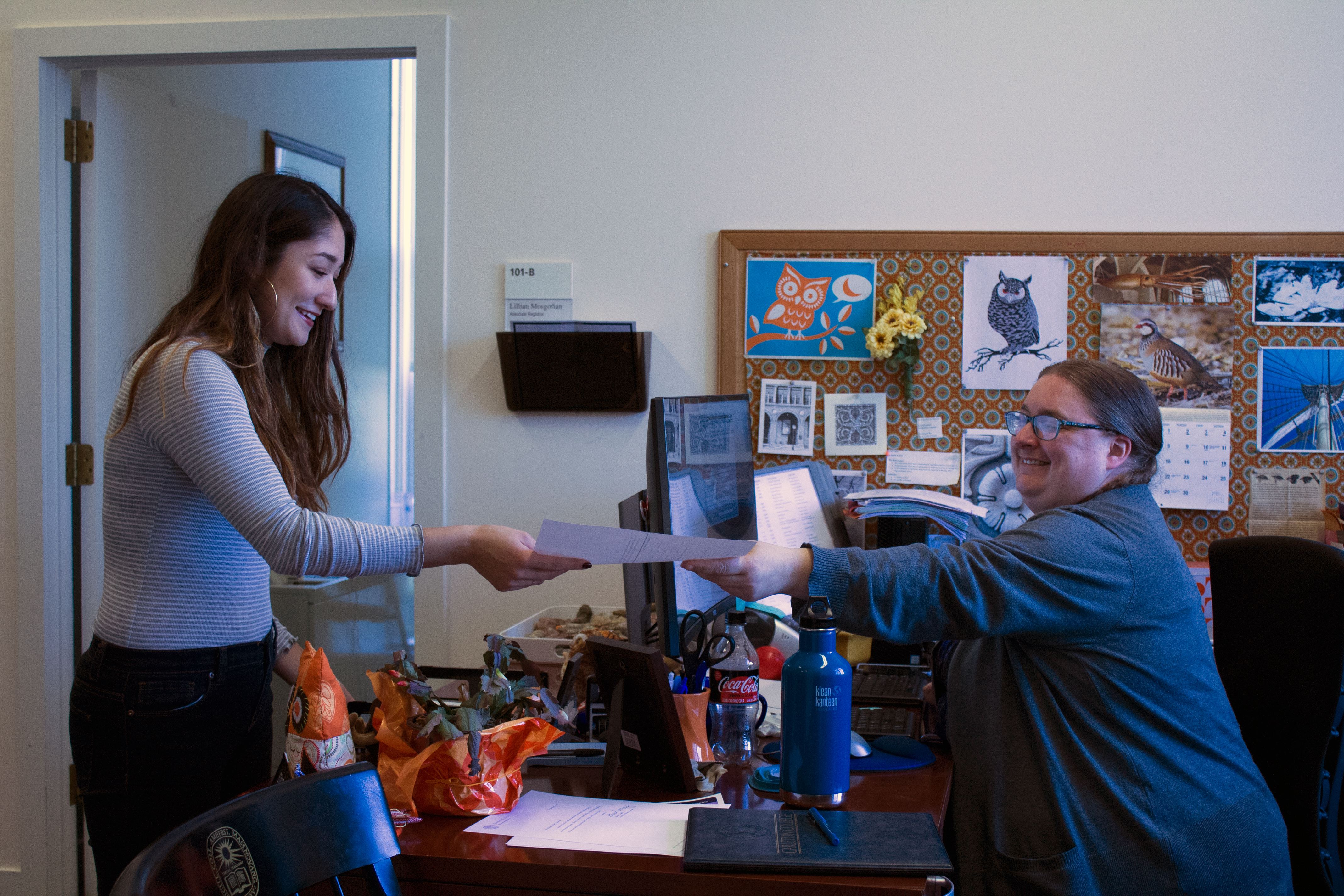

After years of advocacy from students and faculty, the Latinx and Latin American Studies (LLAS) major has debuted this semester. The major was approved after a unanimous vote from the faculty in the spring of 2017.
Despite its recent creation, the major has seen growth beyond expectations, said professor Rick Lopez, chair of the program.
“We didn’t know that we would have this many courses,” Lopez said. Over 10 courses related to the major were offered this fall.
The courses spanned a wide variety of disciplines, including American studies, history and black studies. From these courses, the major is organized into three subtopics on which declared majors can concentrate: U.S. Latinx, Latin America and the Caribbean.
The LLAS major is a program rather than a department, so the curriculum is comprised of courses from various other departments across campus, and its faculty are professors in other established departments. This benefits the major, Lopez said.
“There’s a strength that we don’t have to deal with the bureaucracy around that, and instead we can focus on what a program can look like and what kind of alliances we can make with other programs, with students, with the Five Colleges,” he said.
Leah Schmalzbauer, a professor of sociology and American studies who teaches in the major, held a similar view.
“We take the best of [other departments] and put it into this very efficient program that really connects other departments,” she said. “Through this program, these departments have been in a closer relationship.”
The program also saw more declared majors than anticipated, Lopez added. Currently, four students have declared the major, and several more are in the process of declaring.
“Even getting one major this semester exceeded our expectations,” Lopez said.
Despite the successes of the new major during its pilot semester, challenges have also emerged.
One difficulty encountered was budgeting. Because the major was only approved at the end of last spring, planning for the major’s finances began in the middle of the budget cycle, leaving little time to request a budget.
Another challenge is connecting the major with various aspects of student life.
“We’re not going to replace what student organizers do, but we’re trying to find ways where we could imagine supporting student activities,” Lopez said.
According to Schmalzbauer, LLAS is already forming connections with organizations on campus like La Causa, which is comprised of students interested in Latino issues and cultural awareness, and La Casa, which is the Latino theme house for promotion and expression of Latino cultures.
The major also aims to expand its reach through programming, such as bringing guest speakers to campus.
Incorporating community involvement and activism within the major is also a goal — LLAS is a result of student activism, Schmalzbauer noted, and the program should grow while remaining grounded in its roots.
“[The major] was so long in coming, and really this came about because of student organizing and activism over the past 20 years,” Schmalzbauer said.
Soledad Slowing-Romero ’20, a declared LLAS major, said activism has been integrated often in class curricula.
“A lot of the classes I’m taking make me think a little bit more about going outside the school, especially since there’s a really big Latino population in the Pioneer Valley,” she said.
In the future, the major looks to serve the Latino community on campus. One hope is to hire a more diverse faculty, including more professors who identify as Latino.
“As a person of color, as a Latina, it’s really good to have those faculty members who are Latinos and darker skin,” Slowing-Romero said.
“It’s also a means of studying our own history and our own experiences,” she added.
To Schmalzbauer, the major is a space for Latinx students to engage with their own identities.
“This major is so timely and so important because of what’s happening in the world … and what’s happening with the Latino community in the U.S.,” she said.
Many Latinos across the country have faced increased challenges after President Donald Trump’s election, including the announcement of the end of the Deferred Action for Childhood Arrivals (DACA) program and calls to “build a wall” between the U.S. and Mexico and to deport Latinos — all of which had been elements of Trump’s presidential campaign.
Lopez hopes not only for diversity of background, but also diversity of intellect.
“I want to look at the ways we can ally with different departments to imagine how they can get their needs met as a department,” he said.